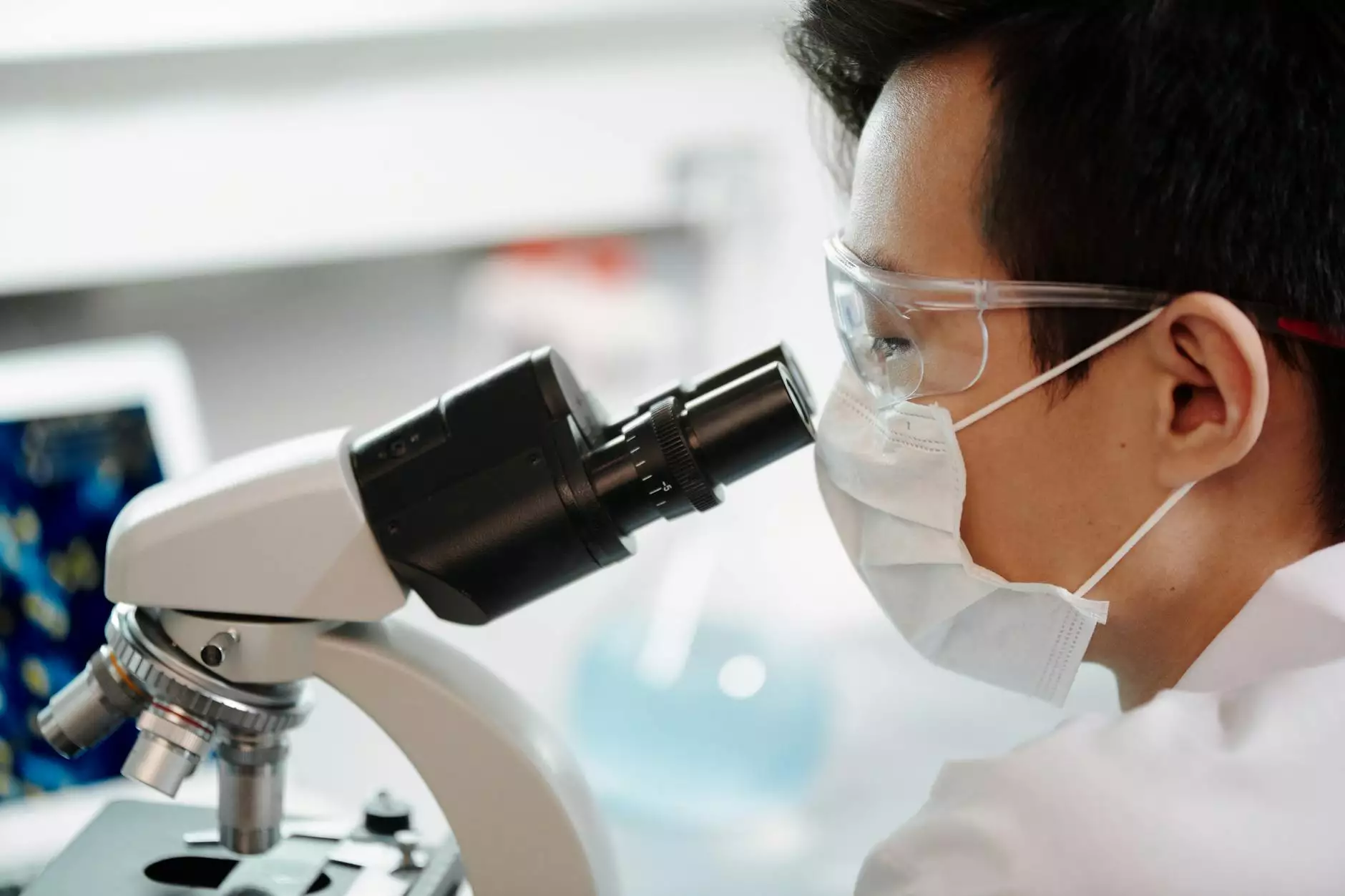TRT and Heart Attack Risk—Research Behind Claims
Cardiology
Are you interested in understanding the relationship between Testosterone Replacement Therapy (TRT) and the risk of heart attacks? Look no further! At CHI St. Luke’s Health - Performance Medicine, we provide you with meticulous research and comprehensive details on this important topic.
The Basics of Testosterone Replacement Therapy
Before delving into the research behind claims linking TRT and heart attack risk, let's quickly go over what TRT entails. Testosterone Replacement Therapy is a treatment option primarily aimed at men suffering from low testosterone levels. It involves supplementing the body with artificial testosterone to restore levels to a healthy range.
At CHI St. Luke’s Health - Performance Medicine, we have highly skilled medical professionals who specialize in TRT. We understand the importance of providing accurate and up-to-date information regarding any potential risks associated with this treatment, including the claimed link between TRT and heart attacks.
Understanding the Research
There have been various studies conducted to examine the potential relationship between TRT and heart attack risk. It's crucial to approach this topic with an open mind and consider the body of evidence available. While some studies have suggested a possible increased risk, others have found no causal link between TRT and heart attacks.
It is important to note that individual results may vary, and it is always best to consult with a medical professional before beginning any treatment. Our team at CHI St. Luke’s Health - Performance Medicine consists of experienced physicians who can guide you through the research and offer personalized recommendations based on your unique medical history and needs.
Factors to Consider
1. Age and Existing Health Conditions
Age and existing health conditions play a significant role in assessing the potential risks associated with TRT. It is important to consider factors such as cardiovascular health, existing heart conditions, and family medical history when deciding whether to pursue Testosterone Replacement Therapy. Our team takes a personalized approach, considering your specific situation to ensure your safety.
2. Monitoring and Dosage Control
When undergoing TRT, proper monitoring and dosage control are essential. Our medical professionals closely monitor patients throughout their treatment, ensuring that testosterone levels remain within a safe range. This careful monitoring minimizes the risks and provides peace of mind for our patients.
3. Lifestyle Factors
Lifestyle factors, such as exercise routine, diet, and overall health habits, can also affect the potential risks associated with TRT. Our team at CHI St. Luke’s Health - Performance Medicine encourages a comprehensive approach to healthcare, emphasizing the significance of leading a balanced lifestyle alongside any medical interventions.
The Importance of Professional Guidance
At CHI St. Luke’s Health - Performance Medicine, we emphasize the importance of seeking professional guidance when considering TRT or any medical treatment. Our team is dedicated to staying updated on the latest research and providing you with expert advice tailored to your specific needs.
Conclusion
When it comes to understanding the research behind claims linking TRT and heart attack risk, the team at CHI St. Luke’s Health - Performance Medicine is here to support you. We believe in comprehensive and personalized care, taking into account multiple factors to ensure your well-being. Contact us today to schedule a consultation and let us address any questions or concerns you may have related to TRT and heart attack risk.










